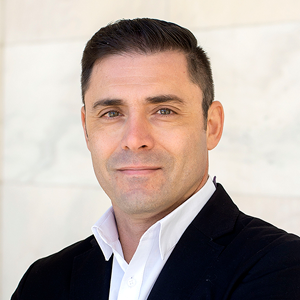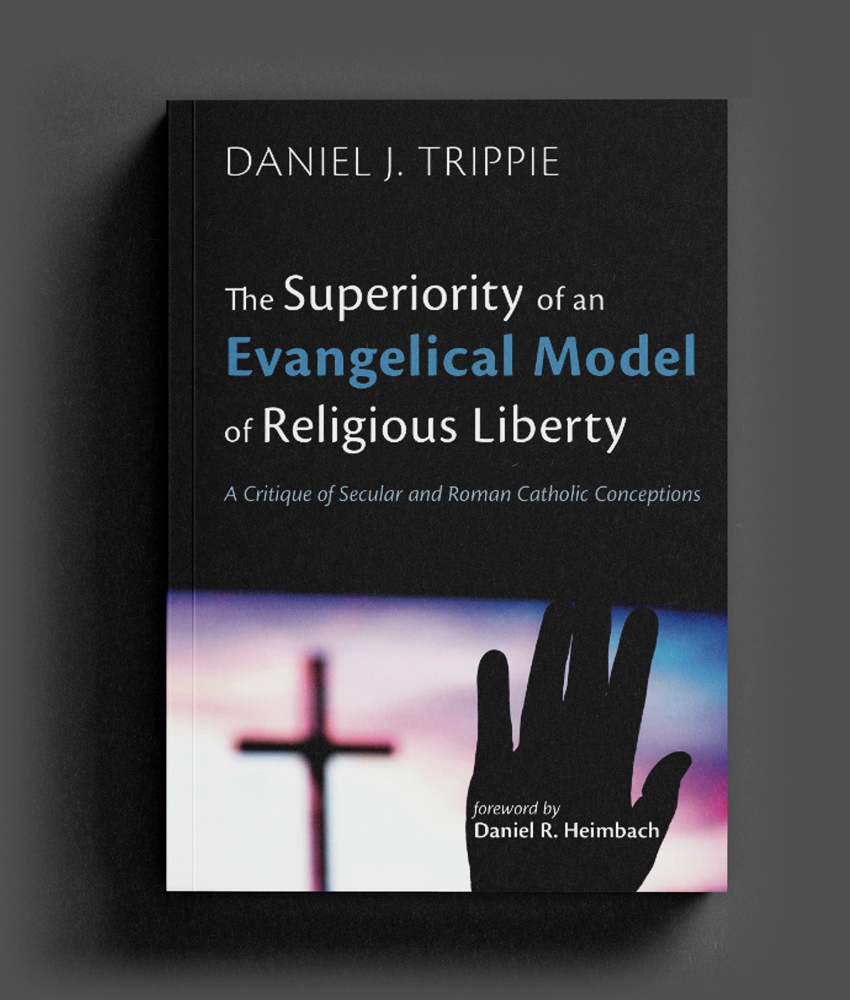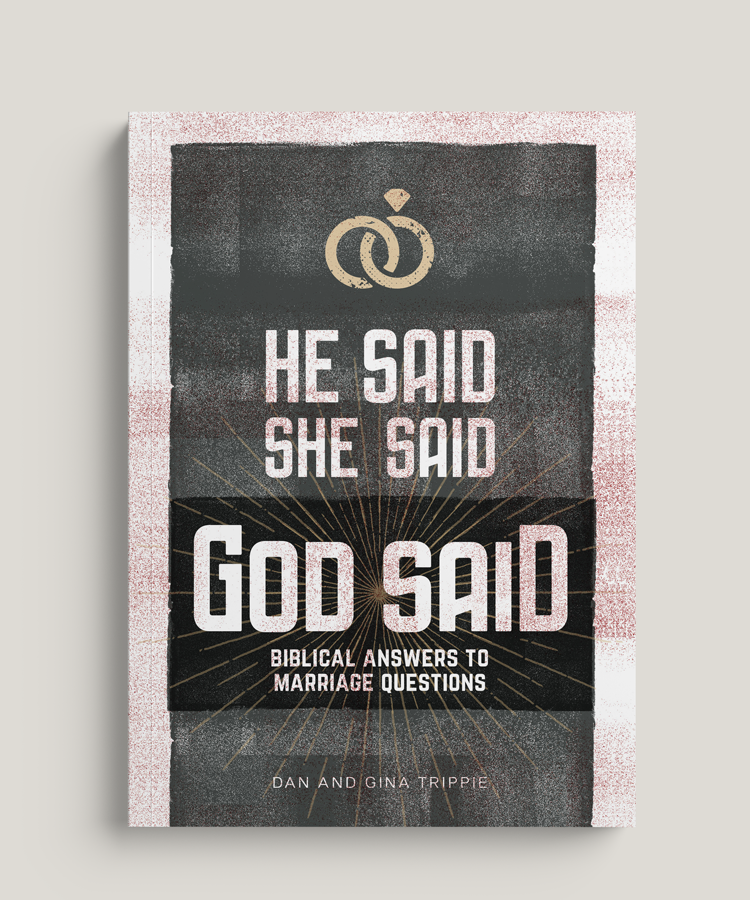Social media is a relatively new phenomenon, and there are still a lot of unknowns about its long-term effects on society. Facebook, Instagram, Twitter, and Snapchat have only been in existence for a decade or less, and with every technical advance, there comes unforeseen advantages and disadvantages. Social media is a benefit to the common good because it exposes us to peoples and cultures that we would regularly not engage with on a day to day basis. And social media keeps in contact with friends and families that are at a distance. Social media is a blessing in many regards. But social media also has negative aspects. Public shaming, cyber-bullying, and lying all can be weaponized with the click of a button. Social media gives voice to all people, and some of these voices can be cruel and malicious. Social media seems to expose the best and the worst in public discourse; therefore, we do well to consider both the positive and negative consequences of networking platforms before we post away.
Aristotle said we must first know the purpose of the thing before we can determine its proper use. According to Mark Zuckerberg, Facebook was invented as a tool to judge the “date-ability” of young girls on his college campus. Zuckerberg self-admittedly created Facebook to judge the appearance of young girls attending Havard. I do not mention this to suggest there is anything nefarious about social media, nor do I condemn its use. I merely state the origins of social media because a tool that was invented to pass judgment will have both intended and unintended consequences; therefore, we ought to consider both before we post away.
One obvious consequence of social media is that it helps people meet. Social media was developed to judge potential dating partners, and this is not necessarily a bad thing. Many couples have been able to judge the compatibility of a dating partner just by reading an online profile or tracking their social media page. I find that I am attending more and more weddings where couples have met through social media or from another online platform. In this regard, social media delivers an excellent benefit because it allows people to find companionship and love without some of the barriers in a complex world.
But an instrument created to help people make judgments about others also contains unintended consequences. Anytime we make judgments about a person based on the limited and controlled information, we run the risk of making a shallow appraisal. Carefully cropped photos and pithy plagiarized statements encourage a spirit of judgment based on reductionistic snapshots of life. We all know what it feels like to be judged, and I have never met anyone who really enjoys being judged without all the information. An unintended consequence of social media is the exposure of our human inclination to judge our fellow man. Consequently, social media seems to perpetuate a spirit of unrestrained criticism and condemnation across society, and this only seems to lead to more restlessness and anguish in our communities.
While social media may touch on our proclivity to judge others, it also allows us the opportunity to affirm others. Humans are not like other creatures. Human beings have a will, emotions, and rationality and these give humans unique capacities that no other creatures have. Only humans have the ability for rational relationships. When we exchange ideas and opinions on social media, we can acknowledge the dignity and worth of our fellow brothers and sisters. When we listen to the views of others, we are affirming their dignity and value. Social media opens the doors to a worldwide public square where we can engage ideas and insights of diverse opinions. Therefore, social media is an instrument that can connect us more in-depth with what it means to be a human being.
Although social media has the potential to affirm the worth of others, it also can desensitize. Social-media is image heavy––pictures seem to drive much of social-media content. Images on a screen can leave powerful and lasting impressions. But behind the images we see are real people––human beings with thoughts, emotions, dreams, and hopes. There seems to be a willingness to say things across social-media platforms that we would never dare say if we were sitting across the table from that person.
Moreover, we do well to understand that debate is good for public health. A healthy discussion where we listen to the viewpoints of others not only allows mutual learning, but it also promotes human dignity. When we listen to the opinions and reasons of others, especially those we disagree with, we are acknowledging that they are rational beings worthy of value. Because social media is so image heavy, it is often easy to engage in online debates and forget that we are interacting with a real human being on the other side.
Consequently, because social-media has both intended and unintended consequences, and because social media isn’t going away anytime soon, perhaps we do well to consider a few points before we post. First, remember that anything you put on social-media will inevitably lead to someone’s judgment. We unconsciously know this, and that is why we make sure that we only post the picture we want people to thumb-up––we want people to judge us worthy. But remember that knife has a sharp edge, and it can leave you bleeding as well as blushing. Second, consider yourself as human and not a caricature when you post. Media has a tendency to desensitize us to humanity by its very nature; therefore, maybe we do ourselves and others a favor when we focus on our humanity and not frivolous vainglory. Third, bear in mind that there is a real person (assuming you are not engaging with a bot, and that is an entirely different post) on the other side of your online debate. We are not naturally inclined to listen to those we disagree with; moreover, we have indeed lost the art of debate in our culture. So, when we decide to engage in online discourse, we do well to acknowledge the dignity and value of our conversational partners. Social media is no different than any other technology we choose to employ, it has both intended and unintended consequences. But if we stop for a moment and consider these consequences, we might save ourselves and others from unintentionally harming each other.









